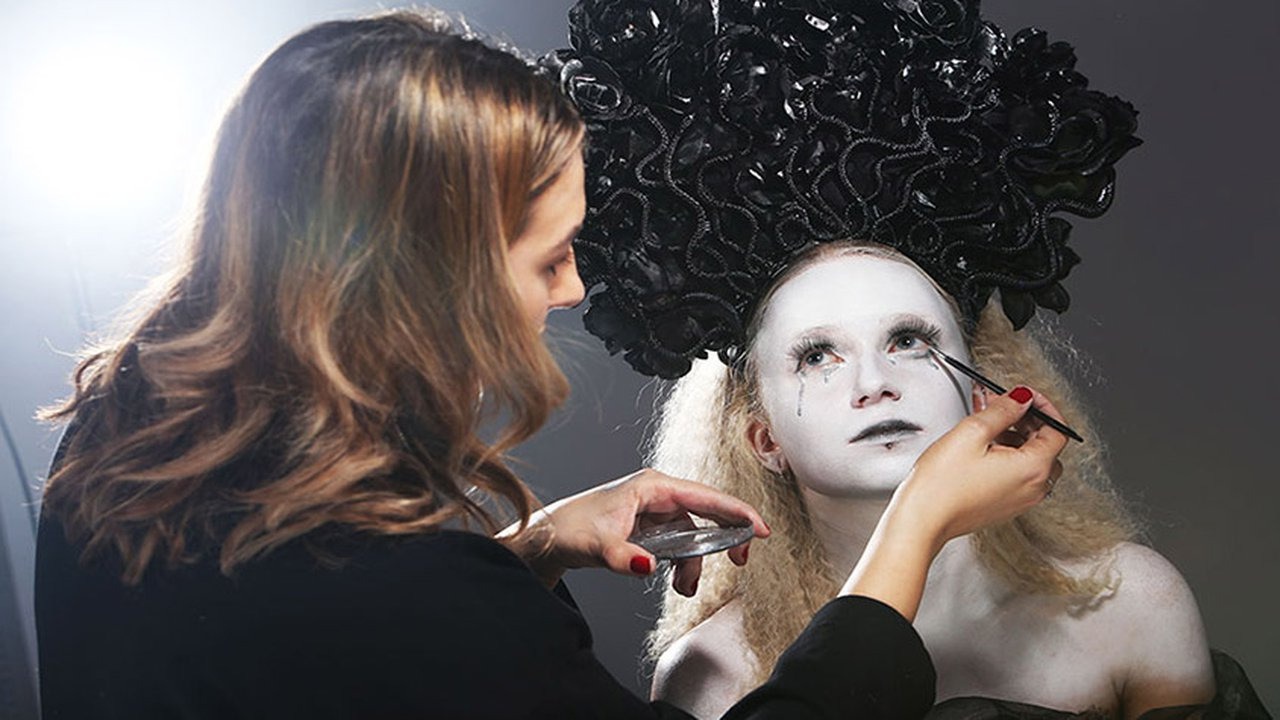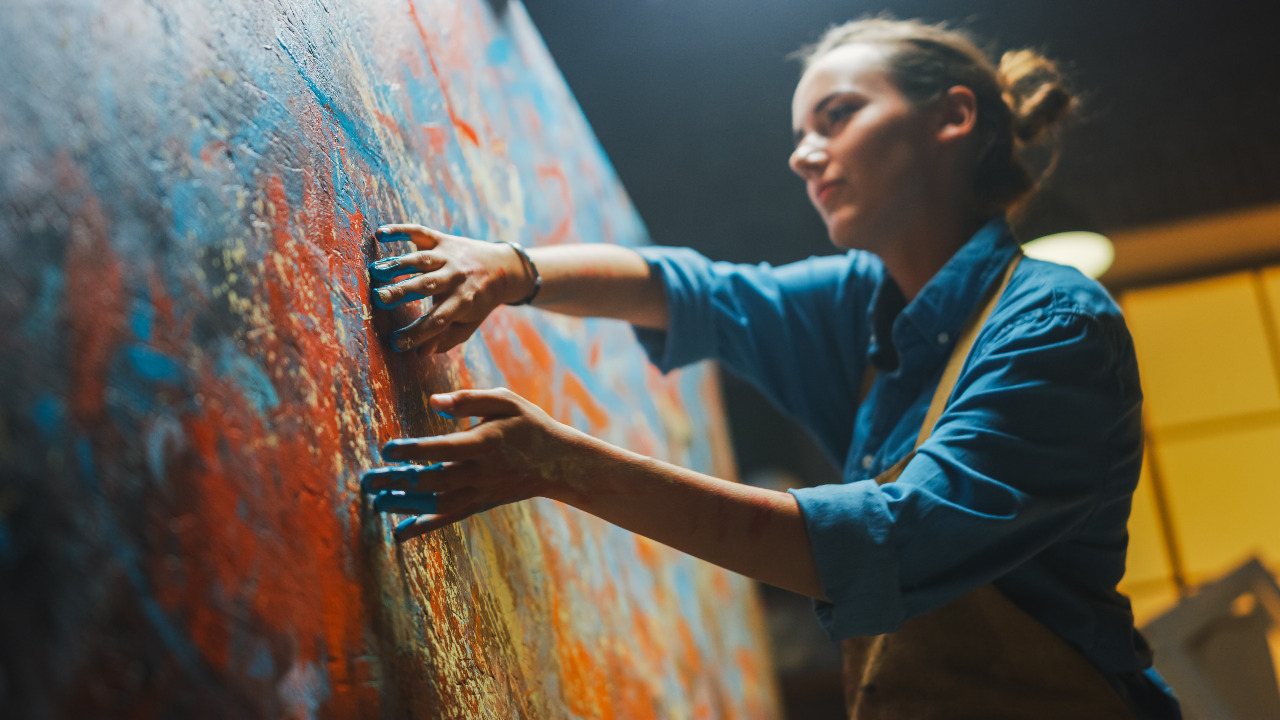Becoming a successful artist is a journey that requires a unique combination of creativity, dedication, and business acumen. It’s not just about producing beautiful and thought-provoking art; it’s also about effectively navigating the art world and building a sustainable career. Whether your passion lies in painting, sculpture, music, writing, or any other form of artistic expression, certain key elements can significantly contribute to your success.
Talent and Skill: The Foundation of Artistry

Every successful artist begins with a foundation of talent and skill. This doesn’t mean that you need to be born with innate artistic abilities or you need the most expensive pencil in the world; rather, it’s about honing your craft through practice, education, and experimentation. Developing technical proficiency allows you to communicate your ideas and emotions through your chosen medium effectively.
Creativity: Unleashing Your Unique Voice
Creativity is the driving force behind all art. It’s about thinking outside the box, exploring unconventional ideas, and finding your unique artistic voice. Successful artists dare to push boundaries and take risks, infusing their work with originality and fresh perspectives that captivate audiences.
Passion and Dedication: Fueling Your Artistic Journey
Passion fuels the artistic journey. Creating art requires dedication, perseverance, and a willingness to put in the hours even when faced with challenges. The successful artist remains committed to their craft, continuously seeking growth and improvement.
Continuous Learning: Evolving With the Art World
The art world is ever-evolving, influenced by cultural shifts, technological advancements, and societal changes. Successful artists stay abreast of these developments, engage with new techniques, materials, and trends, and are open to learning from others. Continuous learning not only keeps your art relevant but also enriches your creative process.
Networking and Collaboration: Building Connections
Networking is a crucial aspect of an artist’s success. Building relationships within the art community, attending exhibitions, workshops, and art fairs, and collaborating with fellow artists can lead to valuable opportunities for exposure and growth. Connecting with other creatives can also provide new perspectives and insights that enhance your work.
Strong Work Ethic: Turning Passion into Profession

Turning your passion into a profession requires a strong work ethic. Treating your artistic pursuits with professionalism and discipline ensures consistent production, quality, and engagement with your audience. Time management, setting goals, and maintaining a routine are essential components of a successful artist’s routine.
Marketing and Branding: Showcasing Your Art
Creating art is only part of the equation; showcasing and promoting it effectively is equally important. Developing a strong personal brand, creating an appealing online presence through a website and social media, and utilizing marketing strategies can help you reach a wider audience and attract potential buyers, collectors, and patrons.
Adaptability: Navigating the Ups and Downs
The journey of an artist is rarely smooth sailing. There will be moments of success and setbacks. Successful artists demonstrate adaptability in the face of challenges. They learn from failures, pivot when necessary, and maintain a positive attitude that propels them forward.
Resilience: Overcoming Criticism and Rejection
Art is subjective, and not everyone will appreciate or connect with your work. Handling criticism and rejection is an integral part of being an artist. Developing resilience and a healthy attitude toward feedback allows you to grow and improve while staying true to your artistic vision.
Long-Term Vision: Sustaining a Lasting Career
Becoming a successful artist isn’t just about achieving short-term goals; it’s about sustaining a lasting career. Having a long-term vision, setting strategic goals, and constantly reevaluating and adjusting your path ensures that your artistic journey remains fulfilling and purposeful.
In conclusion, success as an artist goes beyond raw talent; it’s a holistic blend of creativity, dedication, adaptability, and strategic thinking. By nurturing these essential qualities, you can embark on a fulfilling journey that not only enriches your life but also leaves a lasting impact on the art world and those who engage with your work.